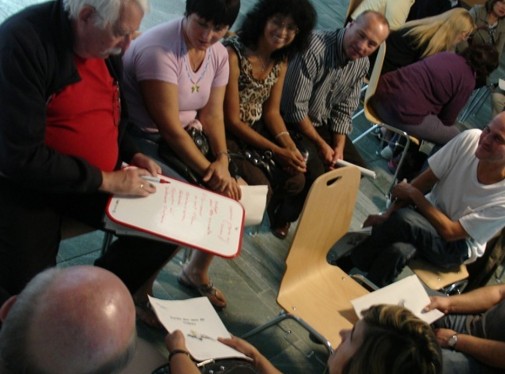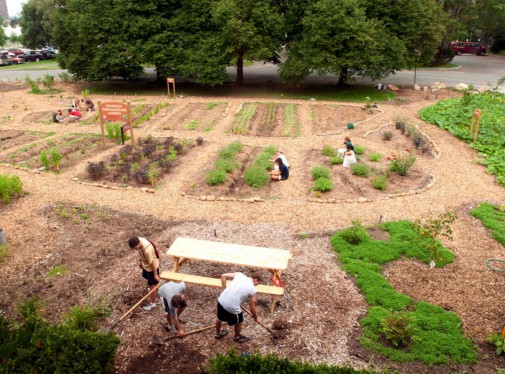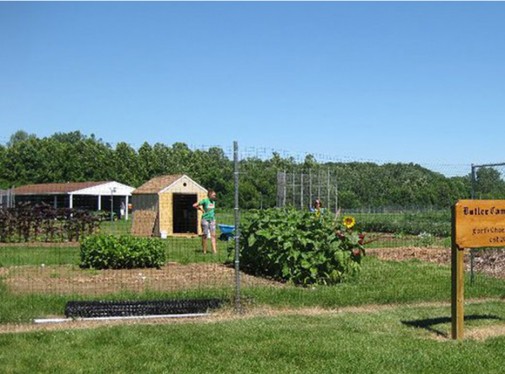Resources
What is Food Urbanism?
Upcoming events
You don't have access to any upcoming eventsSearch
Support

- FUI is supported by a grant from the Swiss National Science Foundation under the National Research Programme NRP 65 "New Urban Quality"
“Le jardin des amis de Thônex”

Since 2005, the non-profit organisation Equiterre (Equiterre – Partner for sustainable development) promotes the development of urban gardens in the heart of neighbourhoods on unused land through its project “Potager Urbain” (with the support of the Loterie Romande). Equiterre supports …
+ read more
Franklin permaculture garden

The UMass Permaculture Initiative is a unique sustainability program that converts unproductive grass lawns on campus into ecological, socially responsible, and financially sustainable permaculture landscapes that are easy to replicate. The permaculture garden provides food for the campus dining facilities …
+ read more
Growing Power

The mission of Growing power is “to grow food, to grow minds, and to grow community.” Focusing its efforts on underserved urban neighborhoods, Growing Power strives to increase access to local food, education and training, and economic opportunity.
Its production …
+ read more
Butler University campus farm

The students’ interest in local organic foods, sustainability, environmental justice, food security, and the interconnectedness of life on Earth lead to the concept of a farm located within the university campus.
The primary goals are to educate Butler students and …
+ read more
Center for the Environment

At Catawba College‘s Center for the Environment are developing two urban agriculture initiatives: a green roof for the science building and a new high efficiency greenhouse.
The college is using a high efficiency Suncatcher greenhouse that deals with the problem …
+ read more
Brick City Urban Farms and EarthBoxes

Brick City Urban Farms began using EarthBoxes when they created an urban farm (with the help of the newly elected mayor) on an unused parcel of land in Newark. The soil on this plot was polluted and unsuitable for growing …
+ read more
Bag/Sack Gardens

The slums of Nairobi house more than 60 percent of the population; Kibera slum being the second biggest. Agricultural land remains scarce and in December 2007, due to post-election violence, food prices rose by 50% in six months. The French …
+ read more


